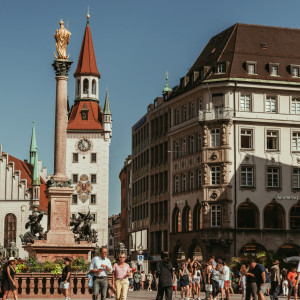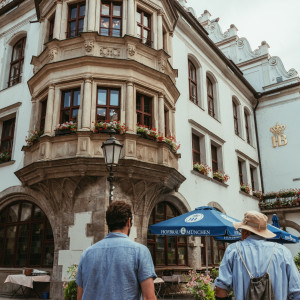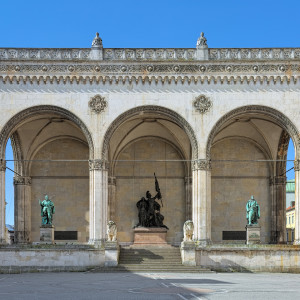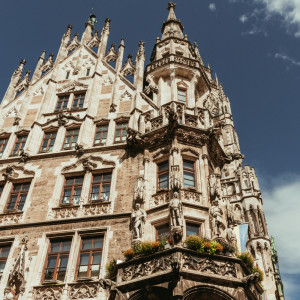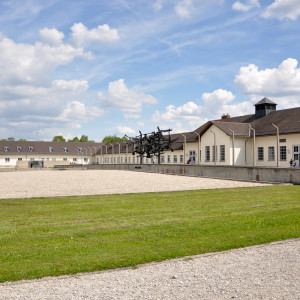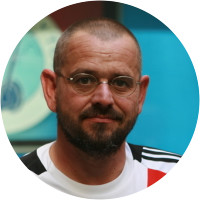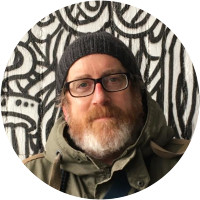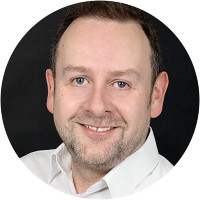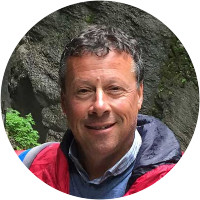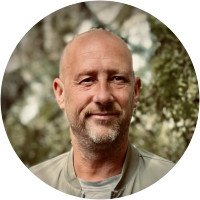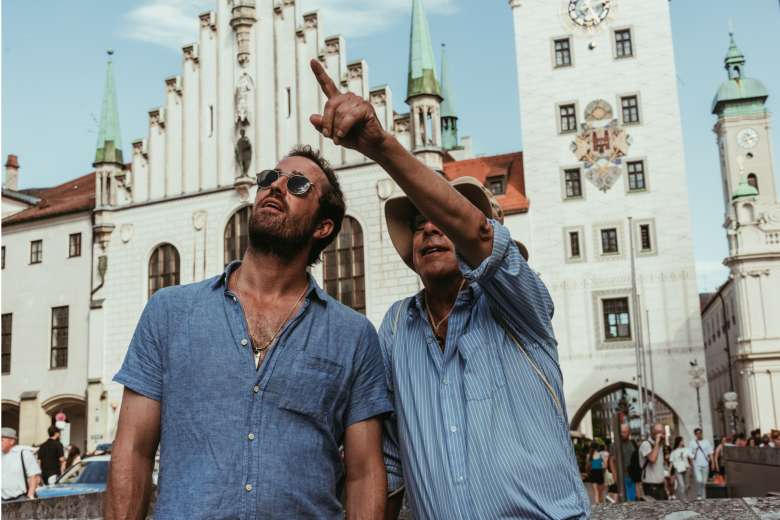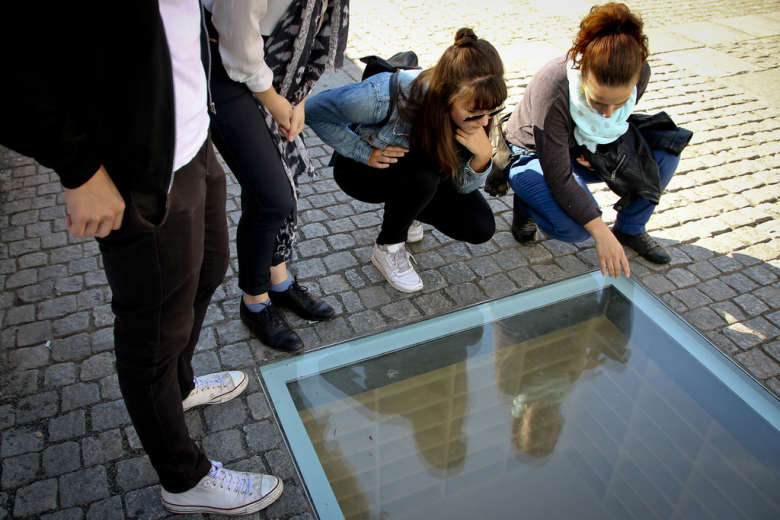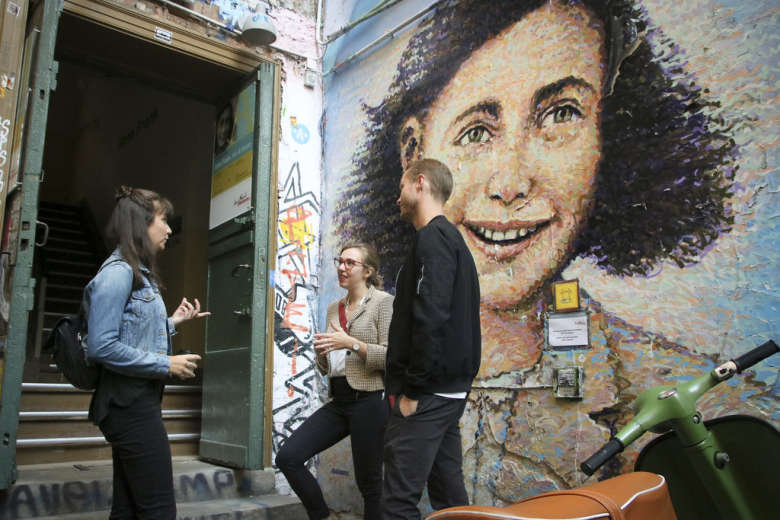Tour Details
Duration
9 hours
Product Type
Tour
Venues
- Dachau Memorial Site
- Hofbrauhaus
- Haus der Kunst
Select a date
Tour Description
Disclaimer: The Dachau staff is very strict on their regulations; no child below the age of 13 can tour the Dachau site. Context does not offer a family program to this site; however, families with teenagers ages 13 and up can book the tour.
Explore Munich’s somber period of history with a local historian on this full-day tour. We’ll begin by tracing the rise of Hitler and the Third Reich’s power in Munich’s historical center, and in the afternoon, visit the former concentration camp, today’s Dachau Memorial Site. We will have a brief stop for lunch, and we will take a train and a bus between Munich and Dachau. With our trained local historical expert, we will discuss the sobering history and events that happened at various locations in Munich and its environs.
Explore Munich’s somber period of history with a local historian on this full-day tour. We’ll begin by tracing the rise of Hitler and the Third Reich’s power in Munich’s historical center, and in the afternoon, visit the former concentration camp, today’s Dachau Memorial Site. We will have a brief stop for lunch, and we will take a train and a bus between Munich and Dachau. With our trained local historical expert, we will discuss the sobering history and events that happened at various locations in Munich and its environs.
In the morning, we’ll spend around 3 hours visiting sites relevant to the 1920s and 30s, such as the Hofbräuhaus beer hall, the Feldherrnhalle, and the Haus der Kunst. We’ll talk about the foundations that led to the rise of the DAP and subsequent Nazi Party, the economic and political atmosphere at the tim,e and efforts to resist this emerging power. We’ll stop for a bite to eat before heading on the train to the Dachau Memorial site, where we will spend the next few hours. With our foundational historical knowledge from the morning, we may be better placed to understand the events that led to those who died on this site between 1933 to 1945. We’ll talk about the earlier days of political prisoners at the camp before the number of Jewish prisoners at Dachau rose. We will also discuss and explore the site’s design: from the medical experiment rooms to the barracks, to the prison block and watchtowers, execution sites, gas chamber, and crematorium. With our trained local historical expert, we will discuss the sobering history and events that happened at this location.
At the end of a heavy day, we will digest one of history’s darkest chapters together on the train. We may reflect on the rather all-too-recent events and their connection to the present in shaping attitudes in both Germany and the rest of the world today.
FAQs
Where do we meet? Where does it end?
We meet near Frauenkirche, where we start the tour. We will end the tour at Munich's main train station. Your confirmation email will have the exact meeting point details.
What if it’s raining?
Tours operate rain or shine. The majority of this walk is outside, so please be prepared with either an umbrella or a hat/sunscreen.
Is the train ticket included in the cost?
Yes, it is included in the price of the tour.
When will we have lunch?
Is the train ticket included in the cost?
Yes, it is included in the price of the tour.
When will we have lunch?
We will plan to have lunch after our morning WW2 tour. We can either choose a sit-down lunch or peruse the plentiful options in the train station before we visit the Dachau memorial site in the afternoon. The cost of lunch is not included.
Can children participate in this tour?
No, not below the age of 13. There is no special exhibition for children at the Dachau Memorial Site, and the Dachau Memorial Site restricts participation in any on-site tours to ages 13 and up. Context does not offer a family program to this site; however, families with teenagers ages 13 and up can book our tours.
Is this seminar walking-intensive, and/or wheelchair accessible?
We do cover quite a bit of ground in this seminar, and therefore, we recommend contacting us with any mobility questions; we will be happy to advise if this seminar will be appropriate for you or propose modifications if possible.
Experts
Where You'll Start
–
25 Reviews
Reviews can only be left by Context customers after they have completed a tour. For more information about our reviews, please see our FAQ.
Brendan provided a deeply knowledgable tour of Munich and Dachau, resulting in an unforgettable history lesson. He has a wealth of knowledge and presented it effectively.
Gail
Reviewed on:
Oct 30, 2025
Brendan was an incredibly knowledgeable, friendly and relaxed guide. After 9 hours of touring, we could’ve continued on. His innate gift for storytelling is balanced by his reverence for a most dark time in our history. We’d absolutely recommend him as a 5 star guide,
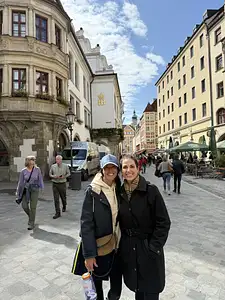
Kristen
Reviewed on:
Sep 14, 2025
Brendan was a wealth of information. It was so wonderful to be able to see the places where history took place and also to have pictures from that time period as well. Dachau was very sobering. Never again.
I highly recommend Brendan for your next tour
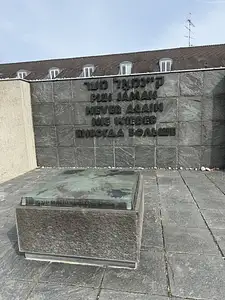
Tracy
Reviewed on:
Sep 13, 2025
